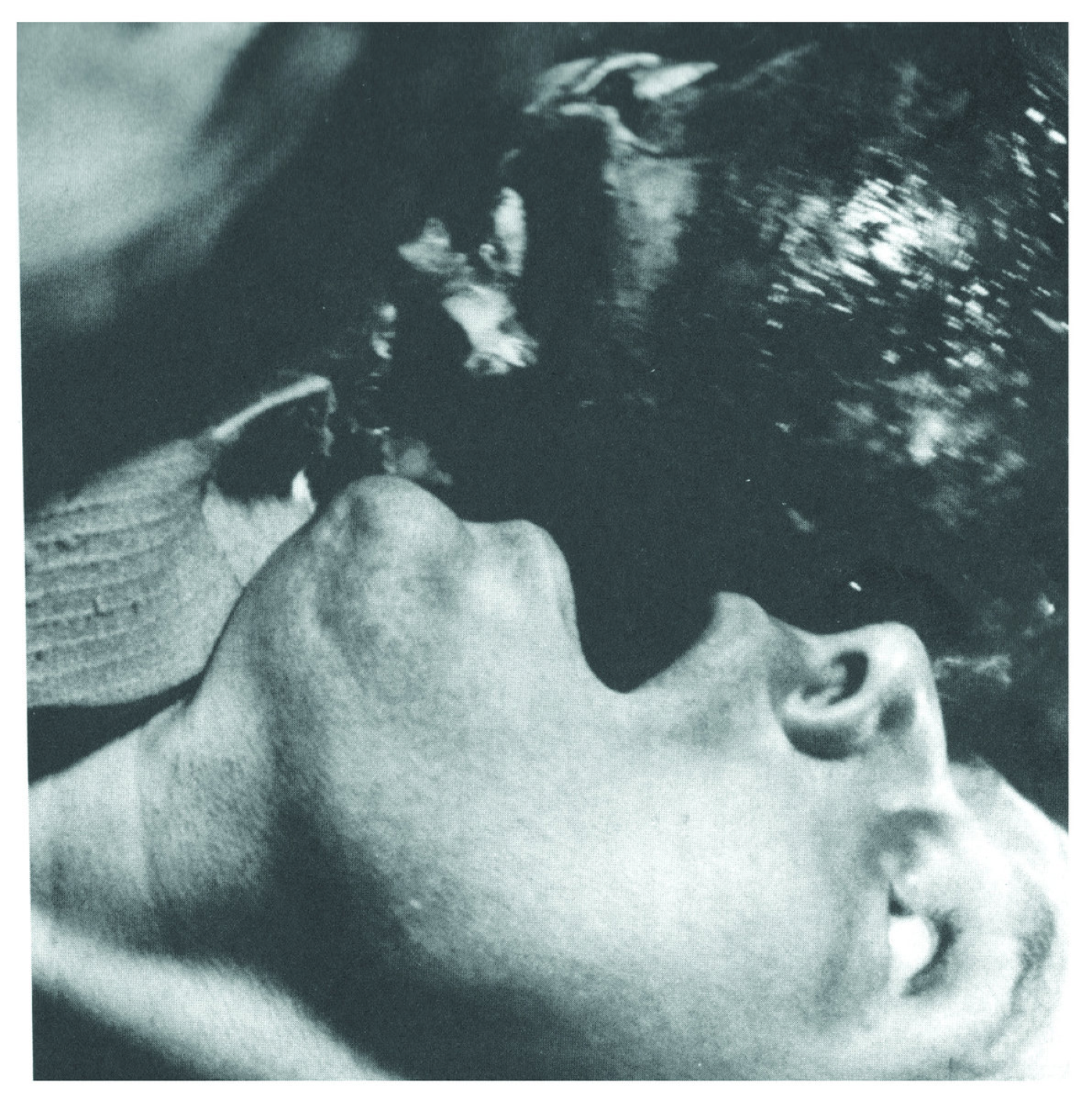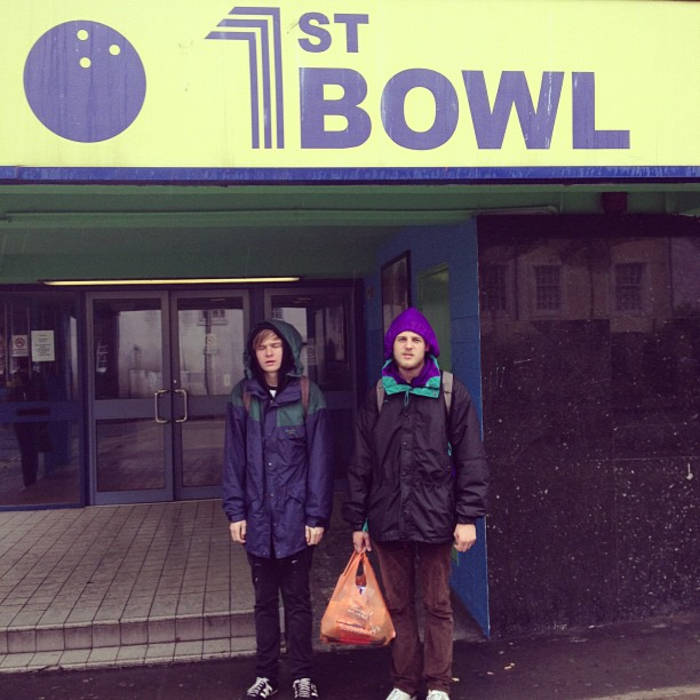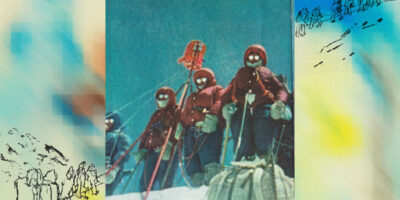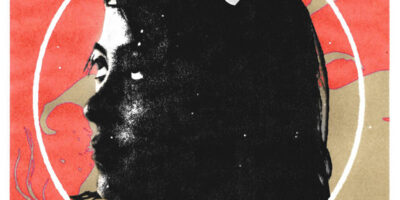This article previously appeared on Crossfader
Bandcamp Picks of the Week, as large and in charge as ever

NAH – WOE
Genre: Industrial Hip Hop
Favorite Tracks: “Paint Some Lines on It (featuring GIVV),” “Rather Die (featuring GIVV),” “Lonely, Decelerating,” “Knelt Over Body”
Bloody, uncomfortable, and visceral are the words that best describe NAH. Hailing from Philadelphia, Pennsylvania, NAH deliver a short collection of industrially-driven rap instrumentals and tracks in the form of WOE, which continues to serve as a perfect soundtrack to release pent up aggression and frustrations. The beginning track, “Paint Some Lines on It,” immediately pulls the listener in through a quick and shrill pitched rise. It’s like being jolted awake from a nightmare, but the worst is yet to come. The percussive loop helps build up a sense of discomfort, which is only accentuated by GIVV’s lethargic and sleazy delivery. Once the hook ends, that stifling discomfort ends, erupting in an explosion of absolutely savage drumwork by NAH. This transitions abruptly into the second track, “Rather Die.” The droning background synths, in conjunction with the suffocating drum patterns, are reminiscent of the repetitive hum of a subway train. GIVV delivers a far more aggressive delivery on his bars, which only helps ramp up the intensity of the track.
NAH revels in his abilities as a beatmaker over the course of WOE’s short run time as well, as shown on “Lonely, Decelerating”. This track is pure nightmare fuel, beginning with overblown and accentuated bass right out of the gate. NAH is a master of playing the slow game, allowing his cyclical beats to lull the listener into a false sense of security. Right before it begins to feel repetitive, the track suddenly halts to a standstill, only to lurch ahead suddenly through the introduction of shrill electronic sampling. Listening to NAH is much like watching a masterclass suspense film. Through the use of synths and hypnotic drum patterns, he weaves an eerie and hellish soundscape, always keeping his cards hidden before flipping everything upside down. Listen to WOE here. [Will Turmon]

Pjaro – WHY IS NO ONE HERE
Genre: Post-Rock, Emo
Favorite tracks: “need parmesan,” “meatrocket_8,” “ceeping up with the cardashians”
“Why is no one here?” Without context, the question is able to fully express the vexation of loneliness. And on their first release from 2013, WHY IS NO ONE HERE, Pjaro provides, if not guidance, than some company if you ever find yourself asking said question. It may only consist of five songs, but this bad boy is dense and sure to sonically satiate. Three members, notated as “r,” “p,” and “z” on their bandcamp page, demonstrate great musical proficiency across the board, and when they’re not going on post-rock tangents full of irregular time signatures that wouldn’t sound out of place in the Don Caballero catalog, they’re whisking up emo melodies that’ll speak to your inner-most angst about anything, whether that’s love, the future, or both. Pjaro is nonpareil at occupying their entire sonic space without sacrificing groove. Like their genre forebearers, Slint, they too even make deft use of feedback, skidding it along the bristling track sedimentary. Seemingly assured strumming tries to temper fraught drum compositions before everything nervously breaks down simultaneously at the peak of “meatrocket_8,” and at a runtime of 1:57, it feels utterly complete. The cacophonous blast that is each of the tracks’ climax is loud, blistering, and at the same time, blissful—Pjaro gives you that freedom to think about nothing when your head is filled with so much of everything. This album is mainly instrumental, save for the bookends, “need parmesan” and “keeping up with the cardashians.” The latter contains practically indiscernible lyrics which are probably meant to provide further texture more than anything; but on the former, they’re made more than clear. “r” and “z” so badly want to be heard, and if you can’t hear it in their voices warring against the thick stratum of sound in the coda, than you can hear it in their words: “I’m scared!” Again using zero context as reinforcement, the statement acquires a universal empathy. It takes the form of a mantra in its ability to stick out, to be heard, and its comforting, the resolute in this outcry suggesting that fear can be channeled into feat, but what must be done first, above and beyond everything, is admission. Check out WHY IS NO ONE HERE here. [Nick Funess]














Comments